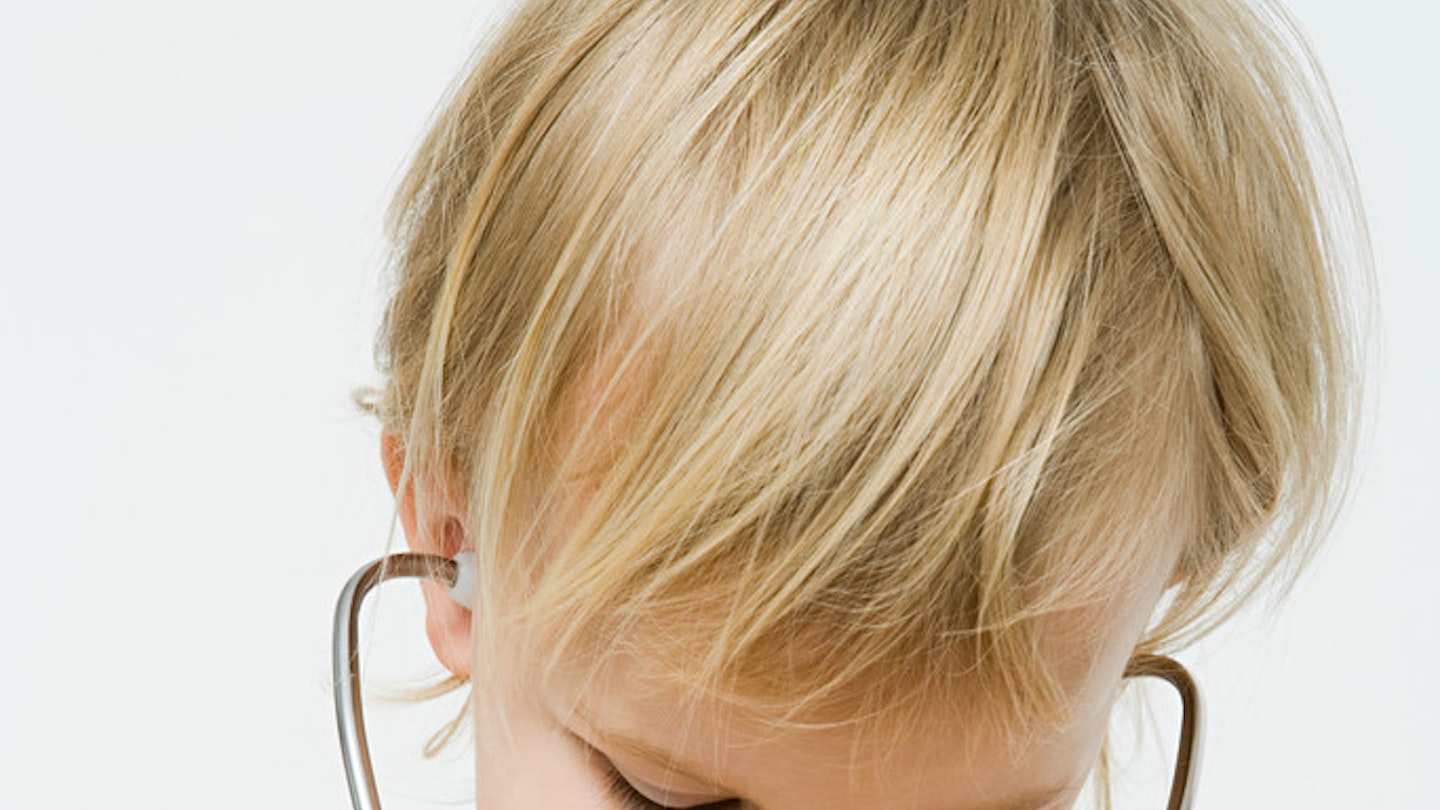It’s never nice to hear your baby wheezing away (wheezing could be a symptom of asthma) and struggling to breathe - the chances are it could be a chest infection.
A chest infection in babies and toddlers – also known as a lower respiratory tract infection – normally looks and sounds much nastier than it actually is. The good news is that the majority of infections clear up quickly with simple home remedies and a generous dose of TLC, while more persistent congestions can be treated effectively with prescribed antibiotics. However, if your baby is getting recurrent chest infections, consult your GP.
What is a chest infection?
A chest infection is worse than a heavy cold and is extremely common, affecting about a third of babies in their first year. It is likely to be a virus, in which case your tot should rest at home until symptoms clear up of their own accord. More severe chest infections are bacterial, spurred on by an original viral illness, such as bronchiolitis or the more severe influenza virus.
8 signs and symptoms of a chest infection:
toddler chest infection
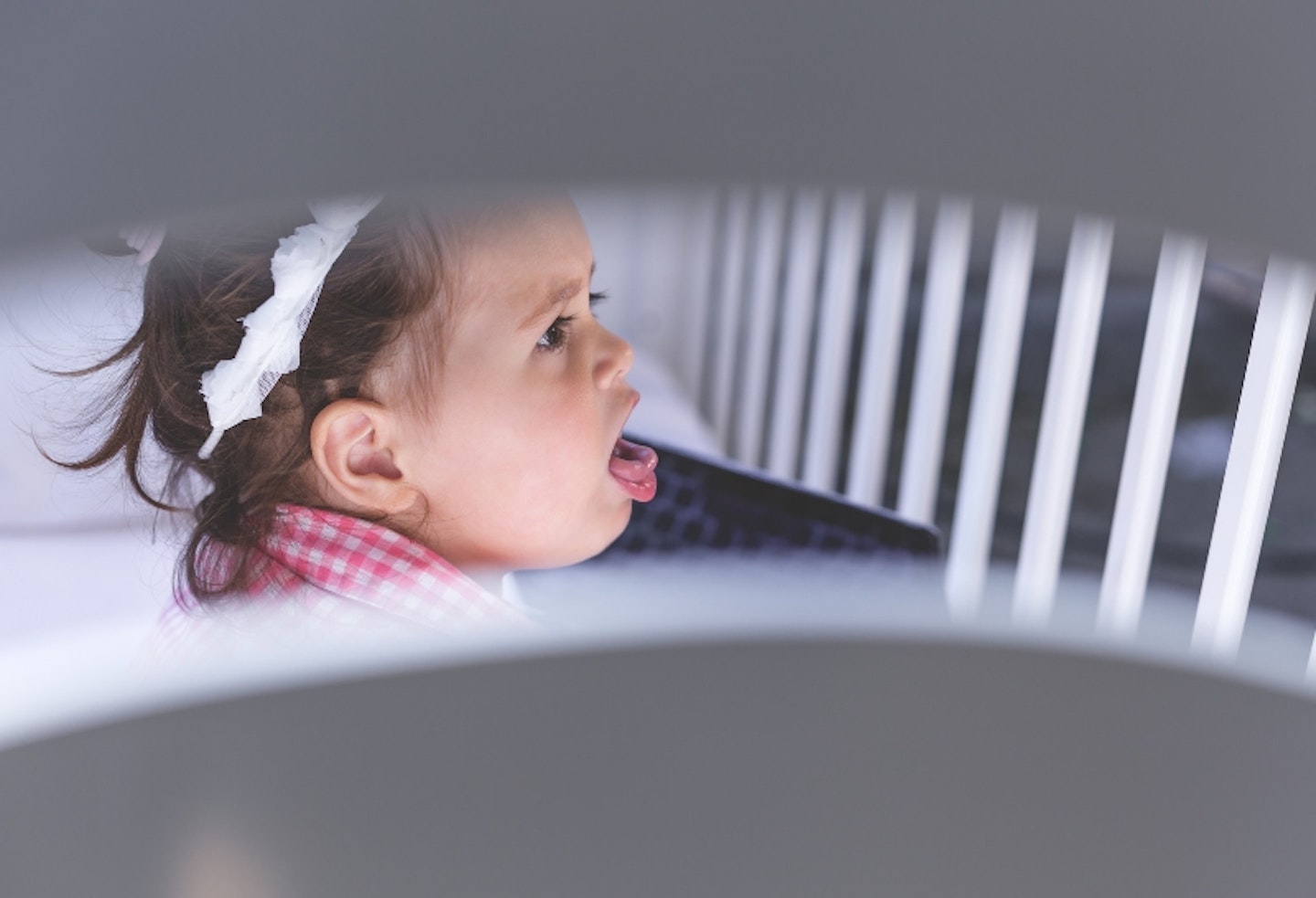 1 of 8
1 of 81) Coughing
A persistant cough that doesn't go away.
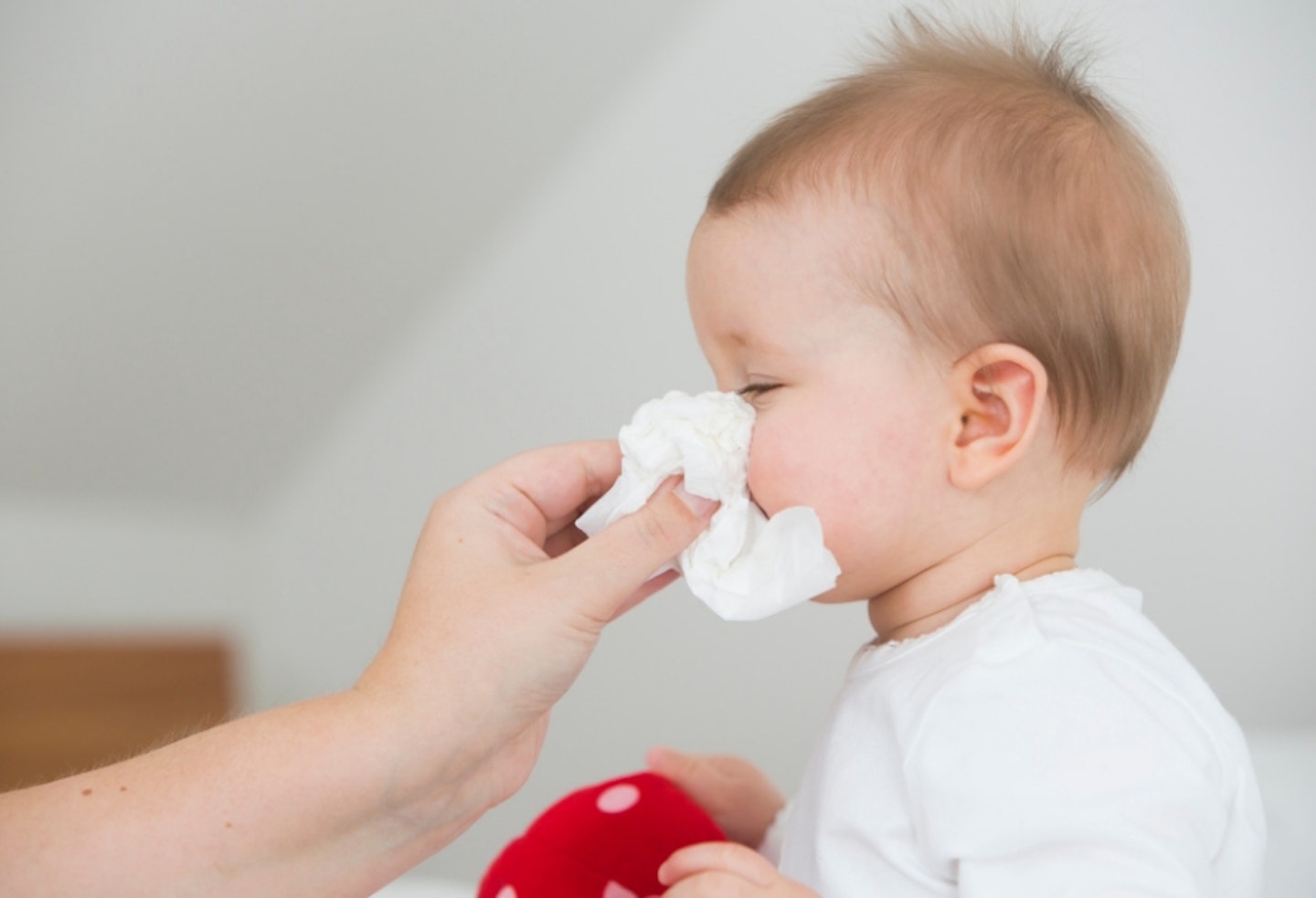 2 of 8
2 of 82) Irregular breathing
Breathing more quickly, more slowly or more deeply (in-drawing the muscles around the rib cage).
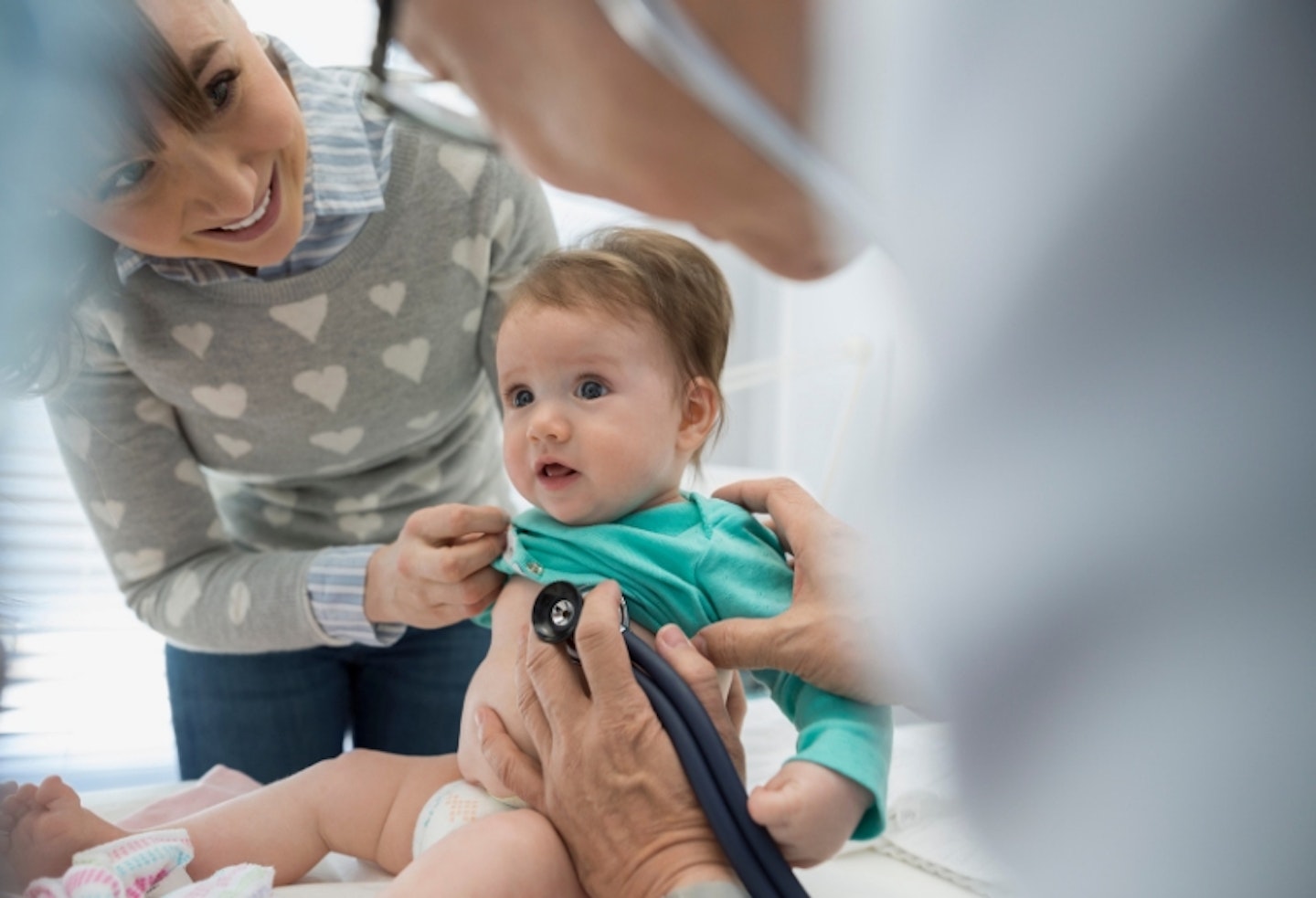 3 of 8
3 of 83) Wheezing
Wheezing is a high-pitched whistling sound made when they breathe. It’s heard most clearly when they exhale, but in more severe cases, it can be heard when they inhale.
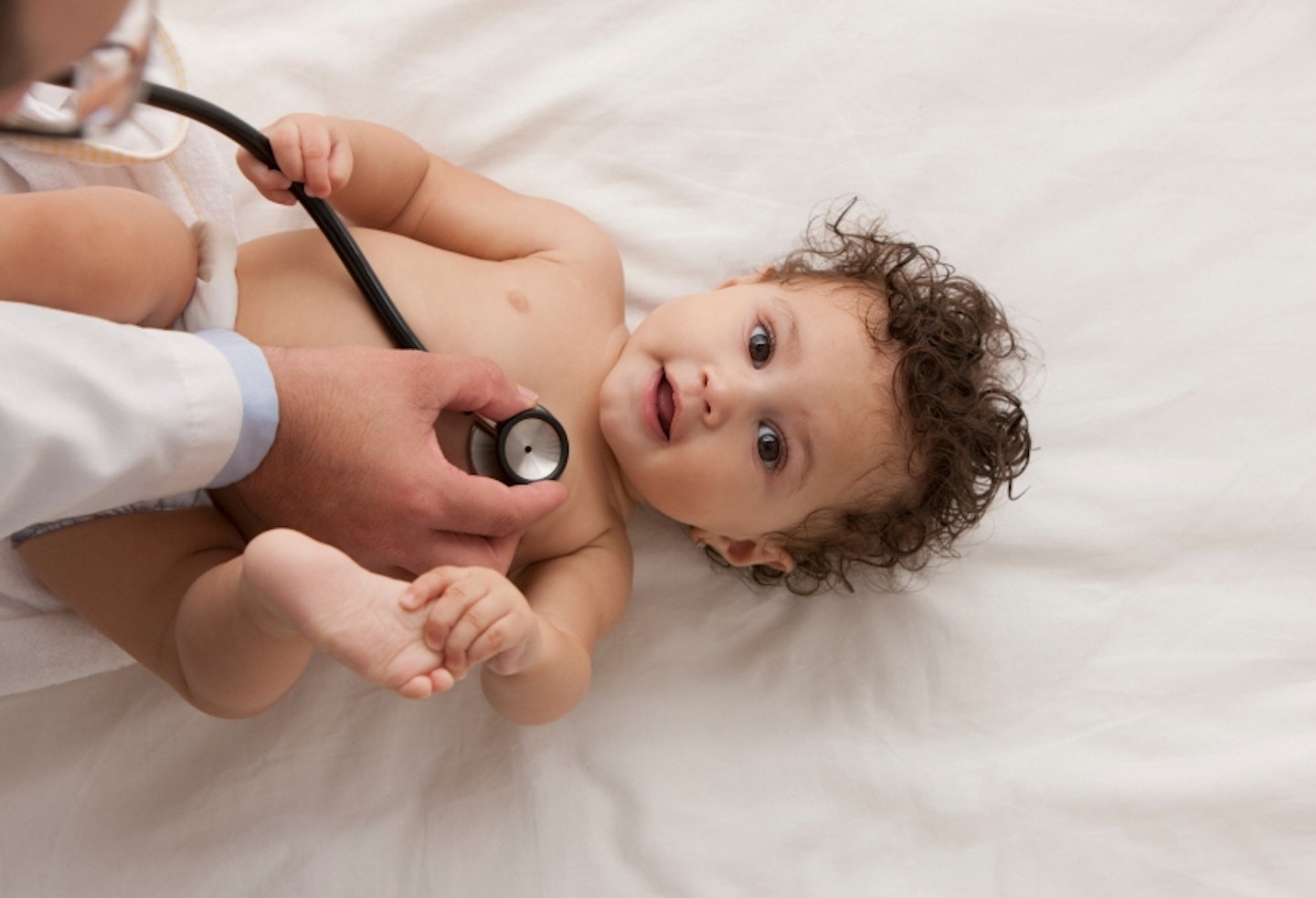 4 of 8
4 of 84) Cold-like symptoms
A blocked or runny nose, generally a bit congested.
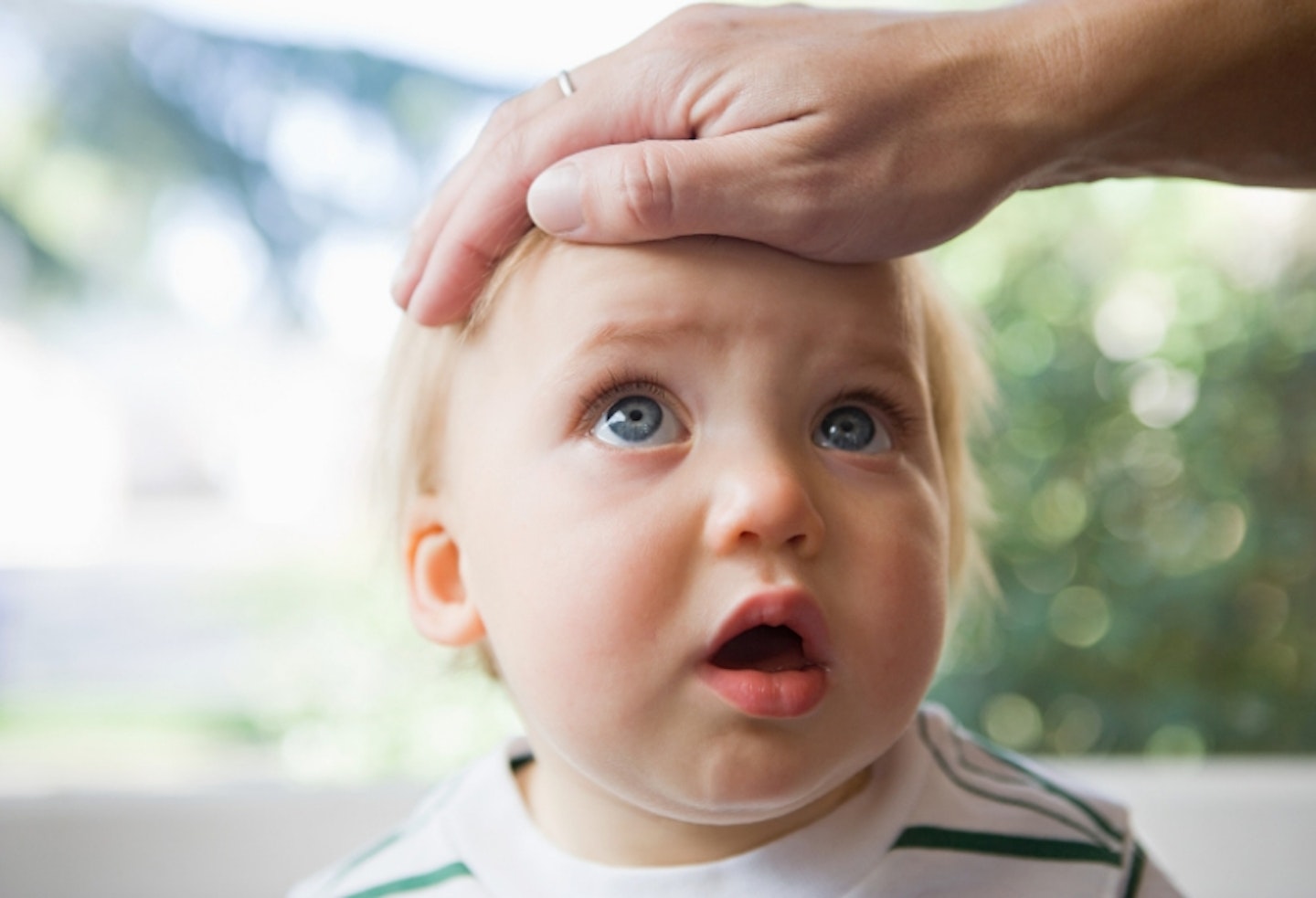 5 of 8
5 of 85) Fever (but not always)
Look out for an abnormally high body temperature, sometimes accompanied by shivering
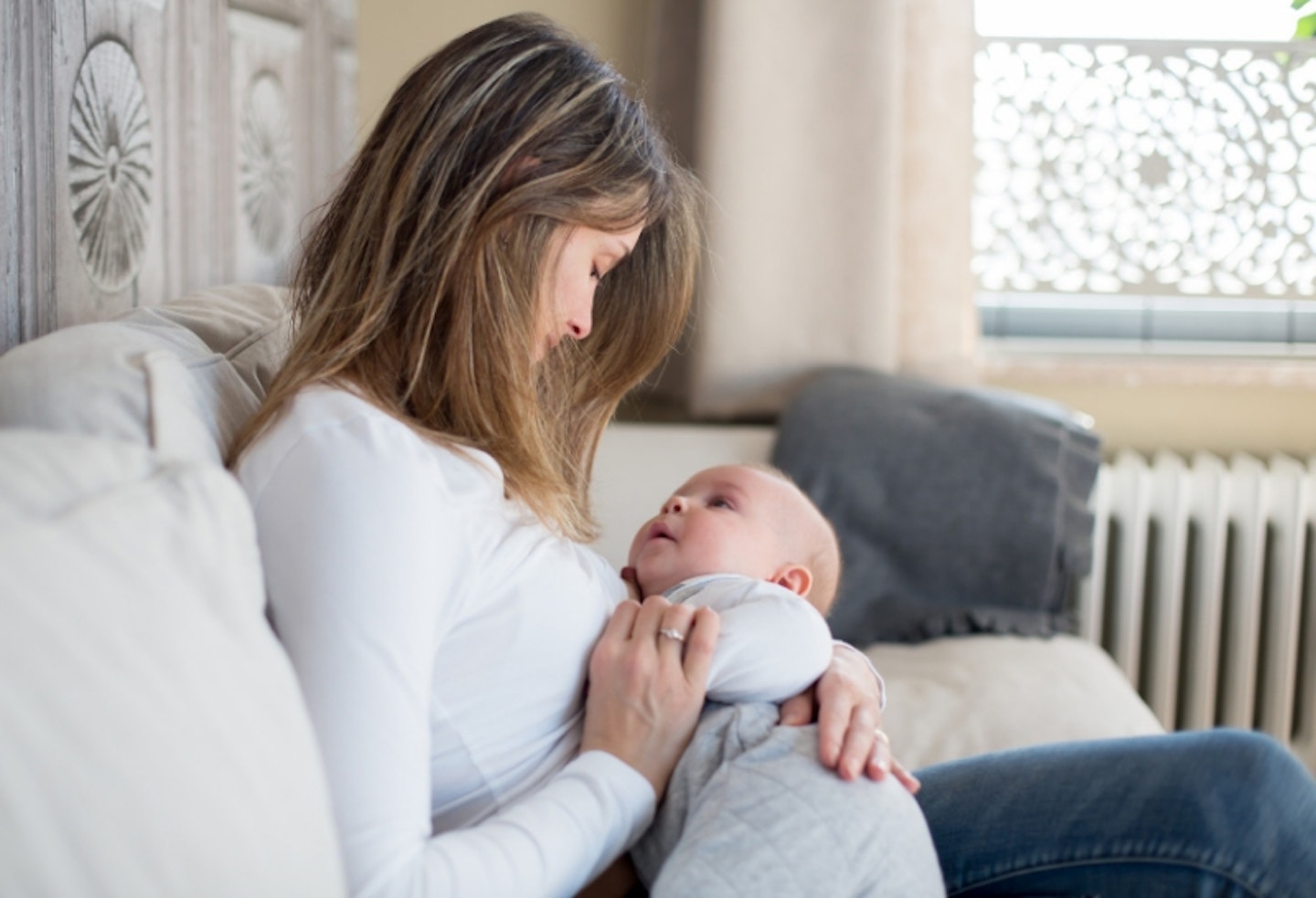 6 of 8
6 of 86) General irritability
Crying, whinging and struggling to settle.
 7 of 8
7 of 87) Difficulty feeding
In young babies, difficulty feeding may be a tell-tale sign. You baby has to suck, breathe and swallow all at the same time, which is tricky when they are finding it harder than normal to breathe.
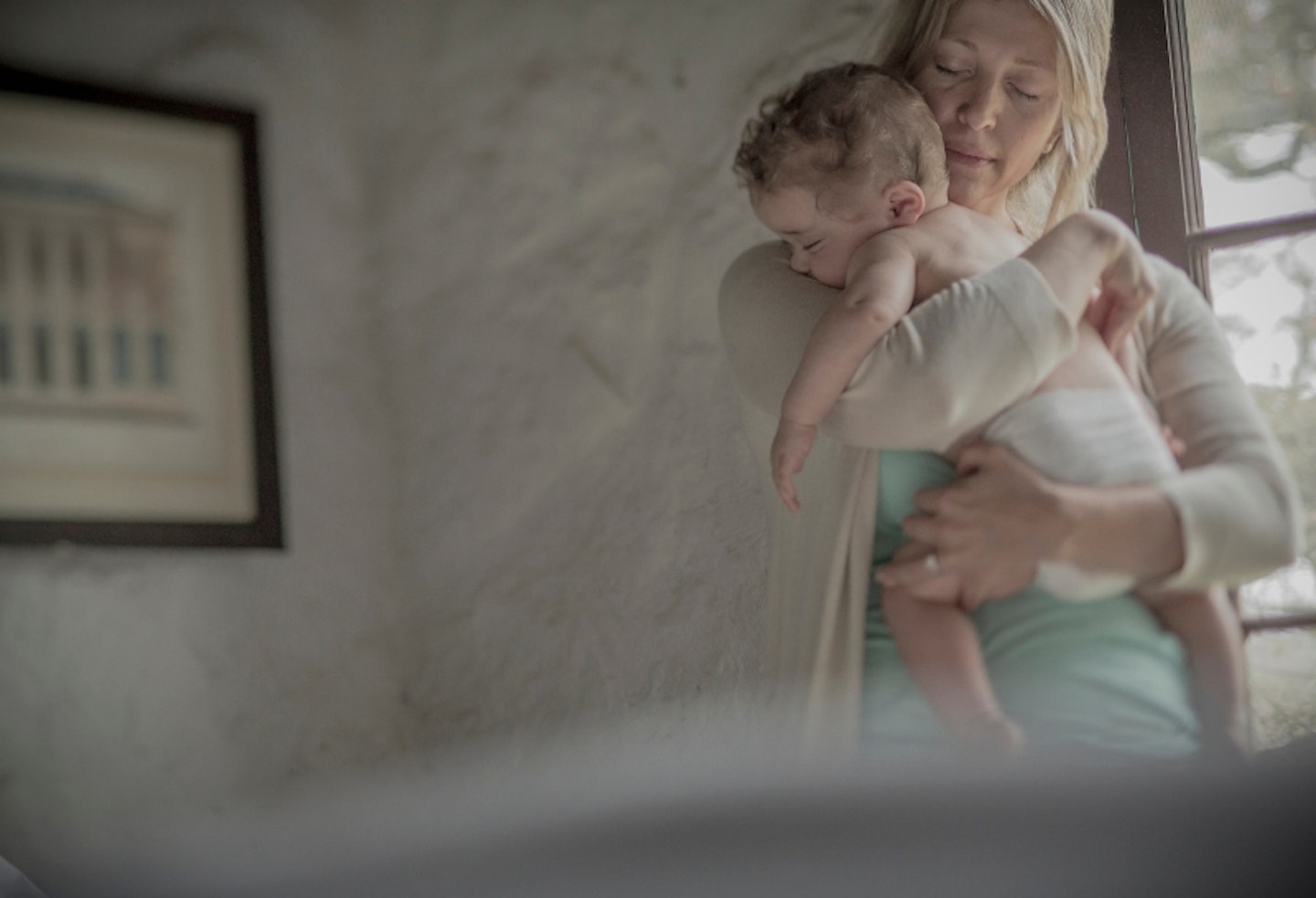 8 of 8
8 of 88) Exhaustion
‘In infants younger than three months old, chest infections leave them exhausted as they have to breathe through their nose,’ Dr MacGregor says.
How do you treat a chest infection?
Always go to the GP if you think your baby has a chest infection as you need to figure out if it is viral or bacterial.
-
Viral chest infections can be treated from home with the ‘symptomatic and supportive’ approach.
-
If it is bacterial, then your baby might be prescribed antibiotics. Bacterial chest infections such as pneumonia normally respond well to antibiotics, which a doctor will issue if necessary.
‘You can treat a fever with regular fluid intake and small regular feeds,’ suggests Dr MacGregor. ‘If the wheeze occurs then sometimes using an inhaler through a spacer can be advised by a doctor.’
In extreme cases where a baby requires hospital care, an oxygen and feeding tube might be required.
How long does a chest infection last?
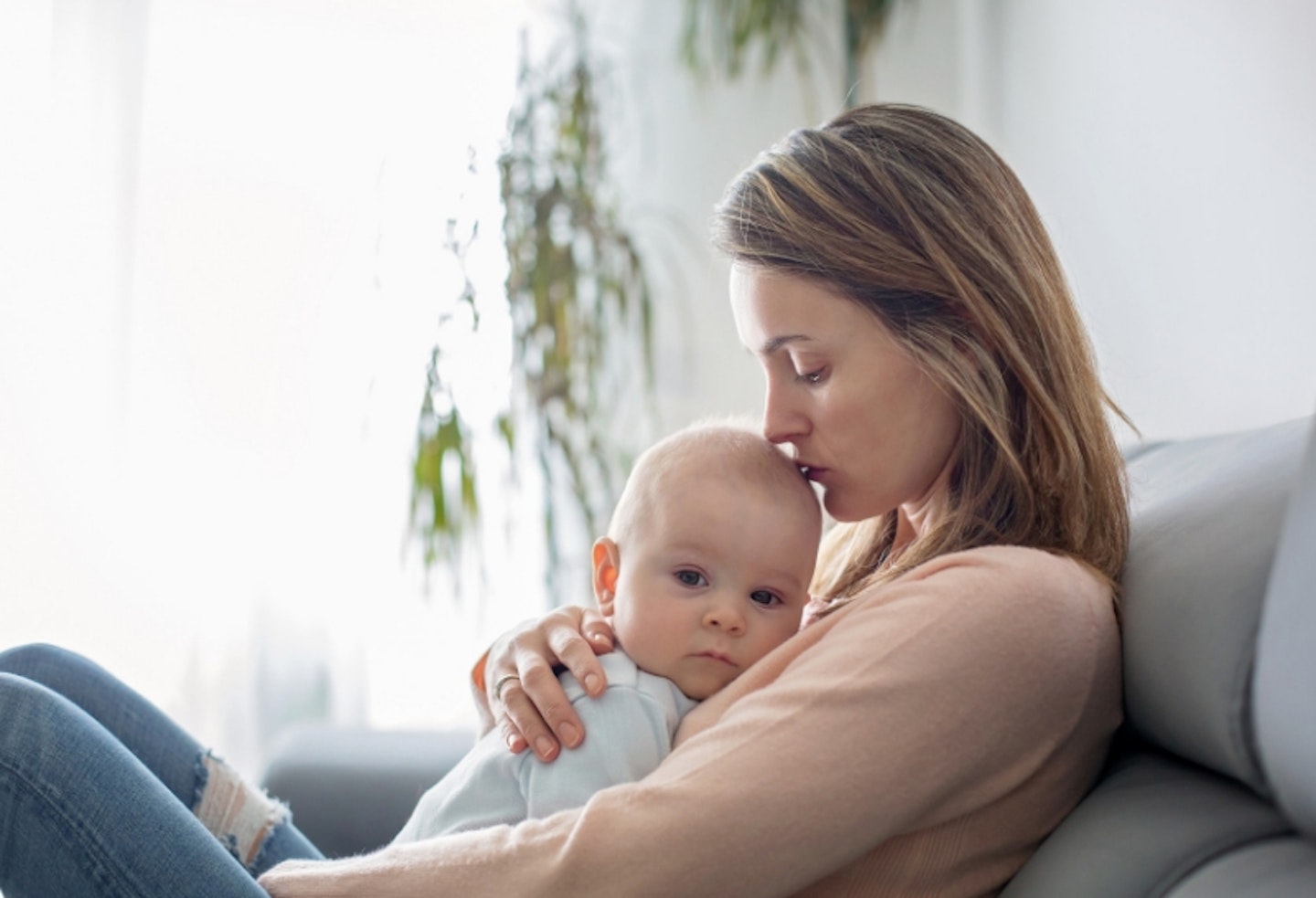
The infection itself usually lasts five to seven days, but the accompanying bad cough can take longer to clear up, you'll just have to give it time and loving care.
How can you prevent a chest infection?
‘Make sure your baby is up to date with all his routine immunisations,’ advises Dr MacGregor. ‘This will help to prevent infections such as whooping cough, pertussis and HiB.’
When to consult the GP?
If your toddler has a cough that causes them pain or leaves them breathless. Equally, if your baby is turning blue or has very irregular breathing, take them to the doctor immediately.
In general, all babies under three months with a temperature of more than 38°C should be urgently assessed by a doctor, as should babies aged three to six months with a temperature higher than 39°C.
